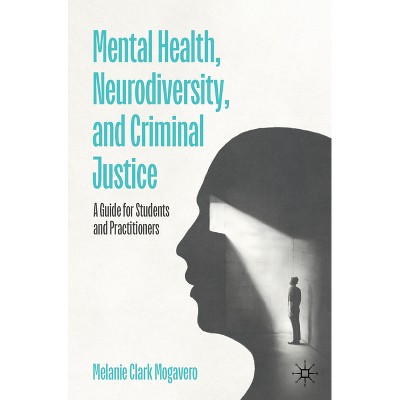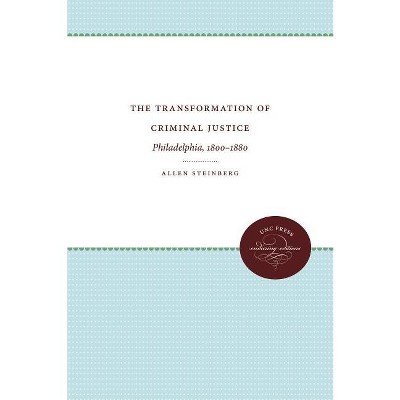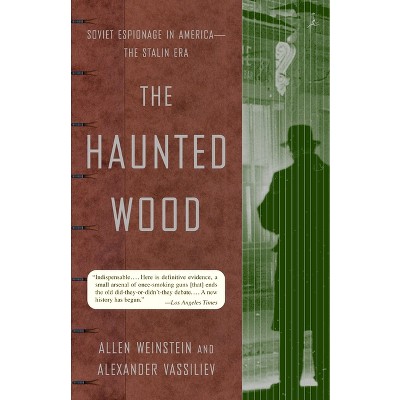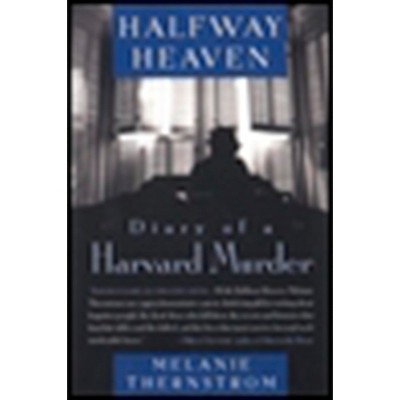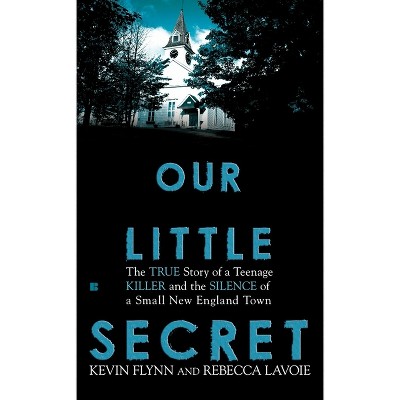Sponsored

The XL Bully Ban - (Emerald Points) by John Walliss & Daniel Allen & Melanie Flynn (Hardcover)
Pre-order
Sponsored
About this item
Highlights
- In England and Wales, the controversial decision was made to add American XL Bully-type dogs to the prohibited breeds list of the Dangerous Dogs Act 1991.
- About the Author: John Walliss is a Senior Lecturer in Criminology in the College of Health & Humanities, University of Derby, UK.
- 176 Pages
- Social Science, Criminology
- Series Name: Emerald Points
Description
About the Book
In England and Wales, the controversial decision was made to add American XL Bully-type dogs to the prohibited breeds list of the Dangerous Dogs Act 1991. The XL Bully Ban is the first book on this topic that explores the impacts on caregivers and, uniquely, their exempted dogs.
Book Synopsis
In England and Wales, the controversial decision was made to add American XL Bully-type dogs to the prohibited breeds list of the Dangerous Dogs Act 1991. The XL Bully Ban is the first book on this topic that explores the impacts on caregivers and, uniquely, their exempted dogs.
Informed by a critical review of breed-specific legislation, the authors highlight the lack of consideration of the impacts of the XL Bully 'ban' on caregivers and exempted dogs themselves. By delving into these impacts, which include financial, emotional, practical, and quality-of-life issues, and giving voice to caregivers and companion animals, this book contributes towards building an evidence-base that can be considered in relation to future global debates. Considering alternative methods of reducing dog attacks, the authors draw out the implications of their findings for policymakers as well the wider, international debate on breed-specific legislation.
The first book written on this contemporary topic, this is cutting edge reading for scholars interested in human-animal interactions, issues of species justice, sentience and victimology, breed specific legislation, and harm-reduction. It is also of interest to practitioners and advocates working with those affected by the ban, and policymakers as they consider how to respond to continued reports of dog attacks.
Review Quotes
There is much literature addressing the ineffectiveness of Breed Specific Legislation to prevent dog bites but little scholarly research exploring the effect of this legislative approach on the welfare of dogs and their caregivers. This book addresses this much-needed gap highlighting the detrimental impact on dog behaviour, welfare and caregiver wellbeing as well as their inter-connectedness. In keeping with the wide and long held consensus across multiple stakeholders, the text adds further weight to the need for alternative and welfare compatible approaches to policymaking when tackling dog control in the UK.
--Dr Samantha Gaines, Head of Science and Policy - Companion Animals, RSPCAThis important book highlights the hidden impacts of breed specific legislation that 'criminalizes' certain dogs and results in negative consequences for those caring for non-human companions that are deemed to be dangerous. The authors highlight the complexity and unfairness of dangerous dogs' policy and the unforeseen consequences for many innocent dog owners. The authors' original research with these canine caregivers identifies the need for a species justice approach to dangerous dogs' policy that provides effective justice for human and non-human animal alike. This is a timely and rigorous analysis of an important aspect of the dangerous dogs debate.
--Professor Angus Nurse, Centre for Access to Justice and Inclusion (CAJI), Anglia Ruskin UniversityAbout the Author
John Walliss is a Senior Lecturer in Criminology in the College of Health & Humanities, University of Derby, UK.
Daniel Allen is a Senior Lecturer in Animal Geography at Keele University, UK, and founded the evidence-based Pet Theft Reform (2018-) campaign and influenced UK policy change with the creation of the Pet Abduction Act 2024.
Melanie Flynn is a Senior Lecturer in Criminology and Faculty Associate Dean for Research, Scholarship and Knowledge Exchange at Liverpool Hope University, UK.

